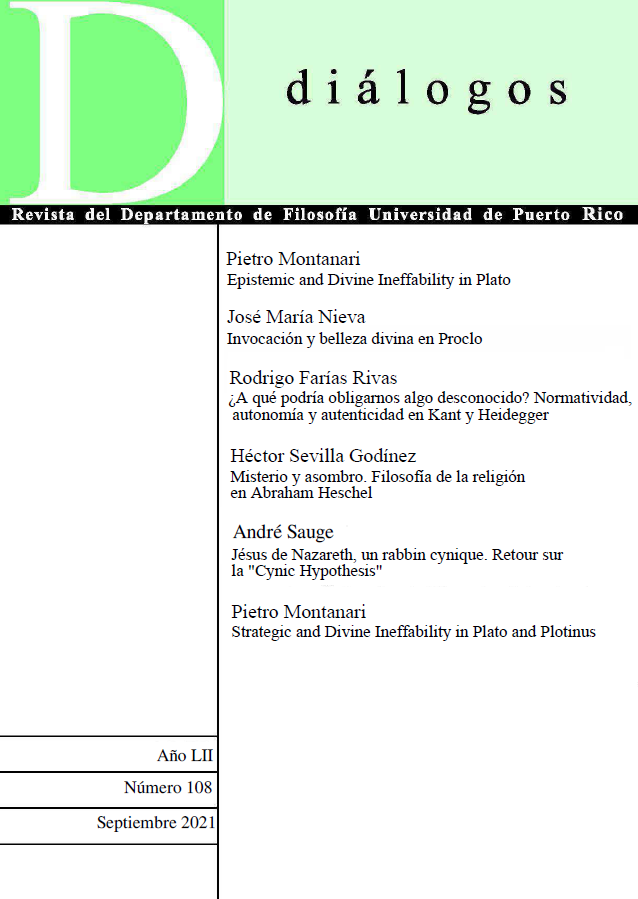Abstract
In the following paper, the passage from the Kantian imperative to the Heideggerian call is analyzed in an effort to grasp an internal perspective on the problem of normativity. Indeed, both in Kant and Heidegger practical reason is characterized by its fundamental self-referentiality. Nevertheless, if it can be said that Heideggerian authenticity continues the Kantian theme of autonomy, at the same time it does so in a way that, more precisely, seems to constitute an objection to it. First studying Kantian and then Heideggerian sources, the paper discusses the autonomy and authenticity to which Kant‘s moral law and Heidegger‘s call of conscience open, by showing how the Heideggerian problem implies a rather critical stance towards Kant—that is, that practical reason in the latter still constitutes an external perspective on the issue of normativity. Finally, the paper suggests some philosophical consequences of this passage from the imperative to the call.

This work is licensed under a Creative Commons Attribution-NonCommercial 4.0 International License.

